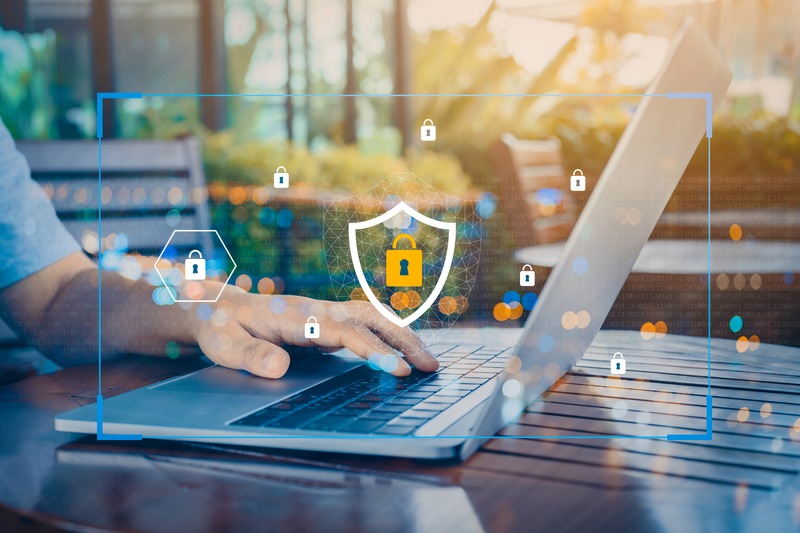
More businesses than ever before are expanding their online presence or transitioning to online-only models altogether, which means more employees are shifting to remote work as well. Unfortunately, these trends have also created the ideal environment for cybercriminals to act upon, with small businesses being particularly vulnerable.
Given that they tend to have fewer resources available and less sophisticated security measures in place, small and medium-sized businesses (SMBs) are often seen as easy targets by opportunistic thieves. In fact, many of the cyberattacks carried out last year were aimed at small businesses.
It’s incredibly important for businesses to understand the risks posed by cybercrime and some best practices to stay protected.
Teach Employees Good Security Habits
Phishing and social engineering scams, in which criminals pose as someone else to manipulate their victim into revealing information, are two of the most common ways that malicious actors gain access to internal systems and sensitive business data.
Therefore, it’s especially crucial to make sure that employees have a strong grasp of basic security protocols and understand what these kinds of attacks look like so that they can be avoided.
Back Up Important Data
Making regular backups of key systems and important information should be part of any good security strategy. Whether they are stored securely off-site or backed up via cloud storage for additional layers of encryption and authentication, up-to-date backups can help businesses bounce back from even catastrophic cyberattacks.
Separate Personal and Professional Accounts
If your business uses social media accounts to advertise its products and build its brand identity, make sure you’re taking adequate steps to keep those accounts separate from one another and from your personal accounts as well. Sign up with business-only email accounts, using unique passwords for each one, enable two-factor authentication, and limit which members of the company can access them.
A compromised social media account can cause significant reputational harm, especially if it isn’t caught right away, so it’s worth taking the time to monitor your business accounts regularly or set up alerts that can notify you of any unusual activity.
Avoid Public Wi-Fi
Public Wi-Fi may sound like a savvy cost-saving measure, but it’s also an incredible security risk that can expose the business — not to mention its customers — to malware and man-in-themiddle attacks, which means that any information you send or receive over a public Wi-Fi network, such as passwords, credit card numbers, and other sensitive data, can potentially be intercepted by an attacker.
Investing in a private Wi-Fi network for your business is a small price to pay for peace of mind.
Keep Software Updated
Staying on top of software updates is a critical element of online security, and that includes updating applications, web browsers, operating systems, and security software.
Out-of-date software is a common avenue of attack for opportunistic criminals, and many updates are rolled out specifically as a means of addressing newfound security concerns. In most cases, software can be configured to automatically update, but it’s a good practice to periodically do a manual check for any available updates, too.
Managed IT Services in Jacksonville
Even a relatively small cyberattack can inflict significant financial and reputational damage on a business, which is why having an effective, proactive cybersecurity strategy in place should be a priority for businesses of any size. If you’re looking for managed IT services in Jacksonville, Florida, that can provide a comprehensive cybersecurity solution, experts are standing by.
When choosing from quality IT services in Jacksonville, look at their total package - don’t settle for anything less than 24/7 monitoring and support, network and risk assessments, backup and recovery options, and the ability to respond rapidly to any potential threats.